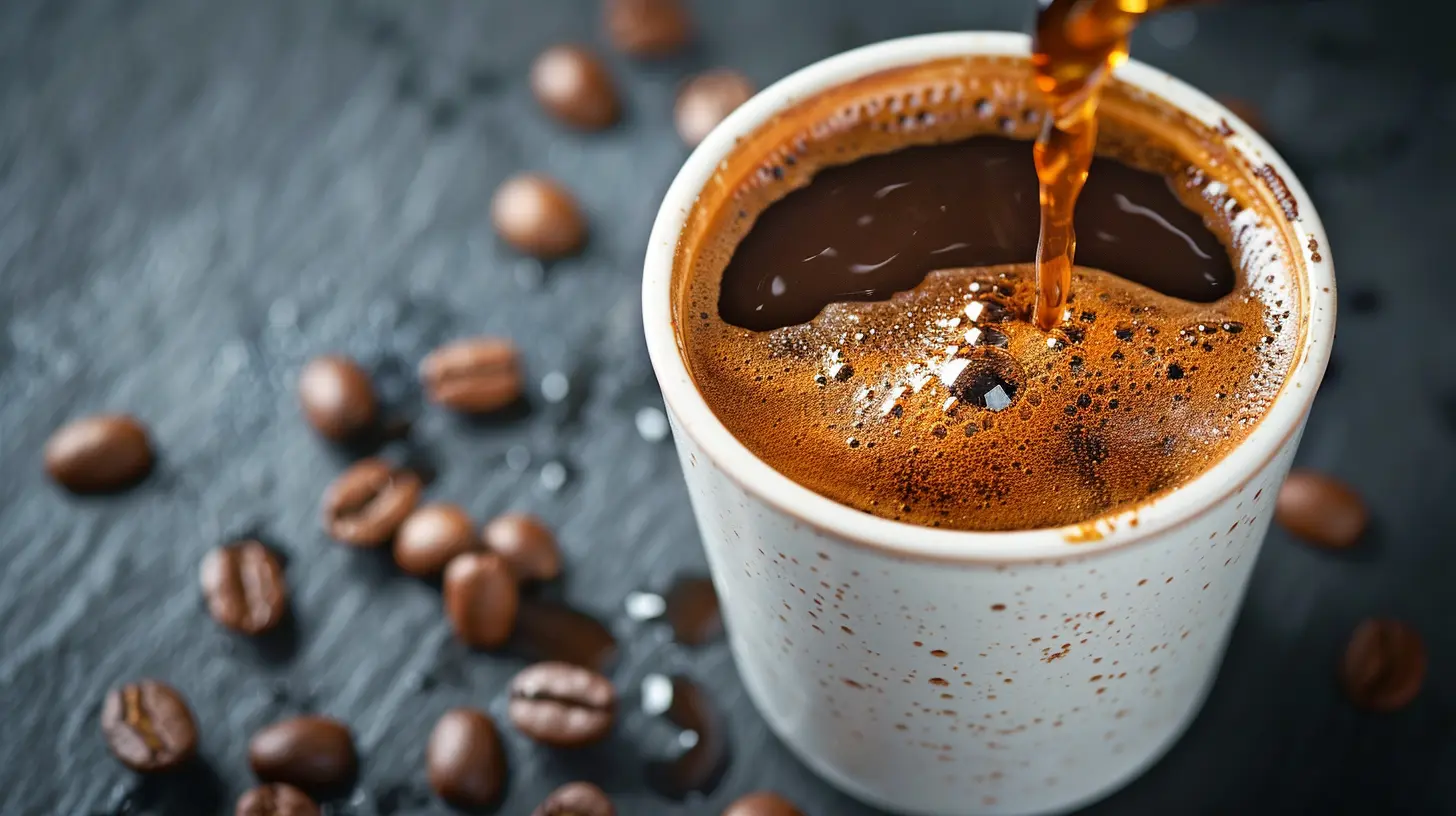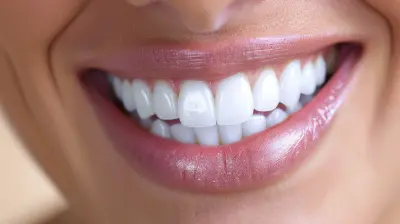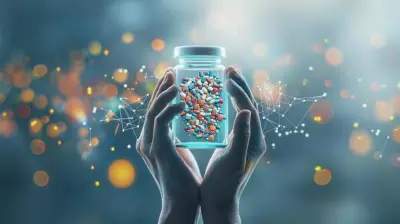Does Caffeine Affect Your Hydration Levels?
18 November 2025
Caffeine is the unsung hero of our mornings. Whether it's a strong cup of coffee, a refreshing iced tea, or a fizzy soda, millions of people rely on caffeine to jumpstart their day. But amidst its many benefits, one question lingers—does caffeine affect your hydration levels?
If you’ve ever hesitated before grabbing that second cup of coffee, fearing it might dehydrate you, you're not alone. Let's dive into the truth about caffeine and hydration, debunk some myths, and understand how your daily latte is really affecting your body. 
What Exactly is Caffeine?
Caffeine is a natural stimulant found in coffee beans, tea leaves, cacao, and even some plants. It works by blocking adenosine, a neurotransmitter that makes you feel sleepy. This gives you that much-needed energy boost, improving focus, alertness, and even physical performance.But with great energy comes great responsibility—there's always been a debate around whether caffeine causes dehydration. 
Does Caffeine Really Dehydrate You?
For years, caffeine has been labeled as a diuretic, meaning it increases urine production, potentially leading to dehydration. But how true is this? Let's clear the air.The Diuretic Effect of Caffeine
Yes, caffeine does have a mild diuretic effect—it can make you urinate more often. However, research shows that this effect is not strong enough to cause actual dehydration, especially for those who regularly consume caffeine.Your Body Adapts Over Time
If you're a regular coffee or tea drinker, your body becomes used to caffeine, reducing its diuretic impact. In other words, if you drink caffeine daily, it's unlikely that your morning coffee is leaving you dehydrated.Studies Say Otherwise
Multiple studies have debunked the myth that caffeine leads to significant dehydration. Research has shown that moderate caffeine intake (think about 2-4 cups of coffee per day) does not negatively impact hydration levels. In fact, caffeinated beverages still contribute to your daily fluid intake.So, does caffeine dehydrate you? Not really—at least not in moderate amounts. 
How Much Caffeine is Too Much?
While moderate caffeine consumption is perfectly fine, excessive intake can be problematic. If you're consuming high doses of caffeine (we’re talking 500mg+ daily), it could lead to increased urination and potential dehydration.To put things in perspective:
- A standard cup of coffee has about 95mg of caffeine
- A black tea contains around 40-70mg
- A can of soda typically has 30-50mg
- An energy drink can contain anywhere from 80-250mg
Drinking multiple energy drinks or excessive coffee in one sitting could increase fluid loss, which might lead to mild dehydration. But for most people, moderate caffeine intake isn’t a big concern. 
The Balance Between Caffeine and Hydration
Hydration is crucial for overall health. So, how do caffeine lovers strike a balance?Pair Your Caffeine with Water
A simple trick—drink water alongside your caffeinated beverages. This helps maintain optimal hydration without giving up your beloved coffee or tea.Caffeinated Drinks Still Count as Hydration
Contrary to popular belief, drinks like coffee and tea do contribute to your daily fluid intake. If you drink plenty of fluids throughout the day, your body will stay hydrated.Listen to Your Body
Thirst is a great indicator. If you’re feeling thirsty after consuming caffeine, sip on some water to stay balanced.Signs of Dehydration to Watch For
Even if caffeine isn’t the villain when it comes to dehydration, that doesn’t mean you should ignore the signs. Here are some red flags that your body needs more fluids:- Dry mouth or extreme thirst
- Dark-colored urine
- Headaches or dizziness
- Fatigue and sluggishness
- Decreased urine output
If you notice these signs, don’t blame your coffee—just increase your water intake.
Should You Cut Back On Caffeinated Beverages?
Unless you're consuming excessive amounts, there’s no need to quit caffeine cold turkey. Moderation is key.Who Should Limit Caffeine?
While caffeine isn’t a hydration villain, some people should be more mindful of their intake, including:- Those with high blood pressure – Caffeine can cause a temporary spike in blood pressure.
- People who are sensitive to caffeine – Some individuals metabolize caffeine slower, making them more prone to jitters and dehydration.
- Athletes – If you're working out intensely, hydrating properly is crucial. While caffeine can enhance performance, pairing it with fluids is essential to avoid potential dehydration.
Final Verdict: Should You Worry About Caffeine and Hydration?
The short answer? No, caffeine in moderate amounts does not lead to dehydration. If you’re a regular coffee or tea drinker, your body adapts, and these beverages still contribute to your daily hydration needs.However, if you overdo it—especially with high-caffeine energy drinks—you might experience slight fluid loss. But as long as you're maintaining a balanced fluid intake, there’s no need to worry.
So go ahead, enjoy that cup of coffee guilt-free. Your love for caffeine and hydration can exist in harmony.
Key Takeaways
- Caffeine has a mild diuretic effect but doesn’t significantly cause dehydration.- Regular caffeine consumers develop a tolerance, reducing fluid loss.
- Coffee, tea, and other caffeinated drinks still contribute to hydration.
- Excessive caffeine intake (500mg+) may lead to increased fluid loss.
- Maintaining a good balance by drinking water alongside caffeine is the smart way to stay hydrated.
So, next time someone tells you coffee dehydrates you, feel free to bust the myth with confidence!
all images in this post were generated using AI tools
Category:
HydrationAuthor:

Jackson Mahoney
Discussion
rate this article
1 comments
Ulysses Edwards
Caffeine can mildly dehydrate; drink water!
November 27, 2025 at 5:51 AM

Jackson Mahoney
Thank you for the reminder! It's always a good idea to balance caffeine intake with plenty of water.


